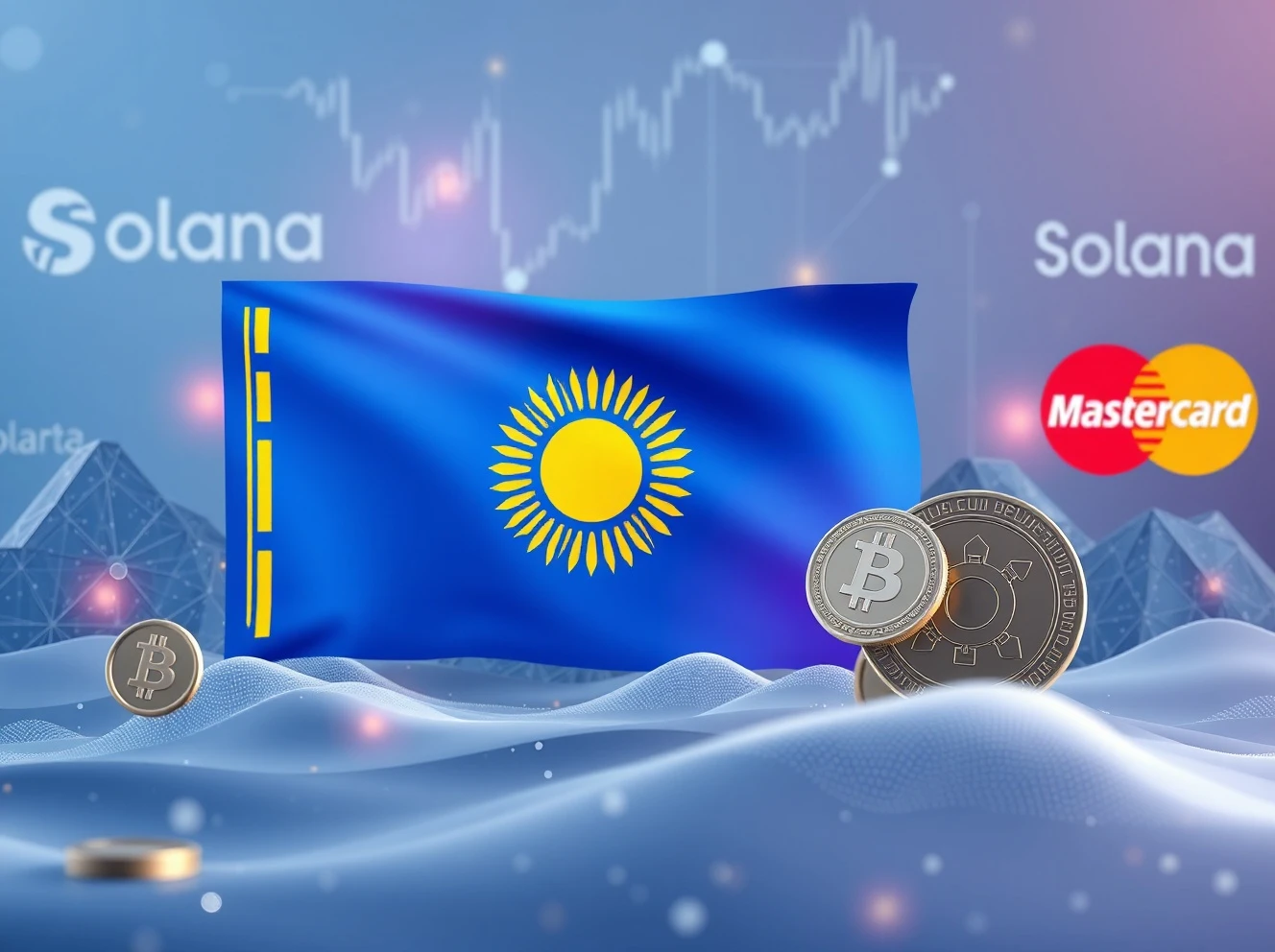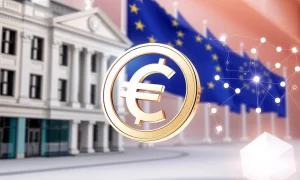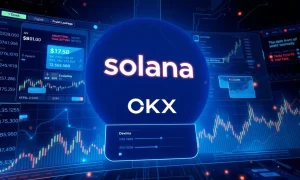Imagine conducting financial transactions at lightning speed while maintaining absolute security. This vision moves closer to reality as Kazakhstan launches its groundbreaking Kazakhstan stablecoin pilot, positioning itself as a digital finance pioneer in Central Asia. The National Bank of Kazakhstan’s innovative project partners with blockchain leader Solana and payment giant Mastercard to explore a digital Tenge’s potential.
Understanding the Kazakhstan Stablecoin Pilot Framework
The Kazakhstan stablecoin pilot represents a strategic move toward modernizing national finance. Consequently, this initiative explores a stablecoin pegged 1:1 to the Kazakhstani Tenge. The project leverages Solana’s high-throughput blockchain for its exceptional speed and cost efficiency. Moreover, Mastercard’s involvement ensures global payment infrastructure integration.
Key Drivers Behind Kazakhstan’s Digital Currency Initiative
Several factors motivate Kazakhstan’s embrace of digital currency technology. Firstly, the country seeks enhanced transaction efficiency across its financial system. Additionally, financial inclusion remains a priority for reaching underserved populations. The Kazakhstan stablecoin pilot also addresses modernization needs for economic competitiveness.
- Transaction Speed: Solana enables near-instant settlement
- Cost Reduction: Significantly lower transaction fees
- Transparency: Blockchain provides immutable audit trails
- Global Access: Mastercard network enables international use
Operational Structure and Partnership Ecosystem
The Kazakhstan stablecoin pilot involves carefully selected partners each bringing specialized expertise. Local cryptocurrency exchange Intebix handles technical implementation alongside Eurasian Bank. Meanwhile, Solana provides the blockchain infrastructure while Mastercard ensures global payment compatibility. This collaborative approach balances innovation with regulatory compliance.
Potential Impact on Kazakhstan’s Financial Landscape
This ambitious project could fundamentally reshape how Kazakhstani citizens interact with money. The Kazakhstan stablecoin pilot promises faster cross-border payments and reduced remittance costs. Furthermore, it could stimulate fintech innovation and attract digital investment. The initiative also positions Kazakhstan as a regional digital finance leader.
Challenges and Considerations for Successful Implementation
Despite its promising potential, the Kazakhstan stablecoin pilot faces several implementation challenges. Regulatory frameworks must evolve to accommodate digital assets appropriately. Additionally, achieving widespread public adoption requires comprehensive education campaigns. Security concerns and technological infrastructure also demand careful attention.
Global Implications for Central Bank Digital Currencies
Kazakhstan’s approach offers valuable insights for other nations exploring digital currencies. The Kazakhstan stablecoin pilot demonstrates how public-private partnerships can accelerate CBDC development. Importantly, it shows blockchain technology’s practical application in national finance systems. This project could influence digital currency strategies worldwide.
Frequently Asked Questions (FAQs)
What distinguishes this stablecoin from a central bank digital currency?
This pilot involves a stablecoin issued by commercial entities with central bank oversight, whereas a CBDC would be directly issued by the central bank itself.
Why did Kazakhstan select Solana for this project?
Solana offers exceptional transaction speed and scalability, making it ideal for handling national-level payment volumes efficiently.
How will ordinary citizens benefit from this initiative?
Citizens may experience faster payments, lower transaction costs, and improved access to digital financial services through this technology.
What timeline exists for full implementation?
The pilot phase will gather data before any decision about nationwide implementation, ensuring thorough testing and evaluation.
How does Mastercard’s involvement enhance the project?
Mastercard connects the stablecoin to global payment networks, potentially enabling international usage and broader acceptance.
What security measures protect the digital currency?
The project employs blockchain’s inherent security features combined with traditional financial safeguards and regulatory oversight.








